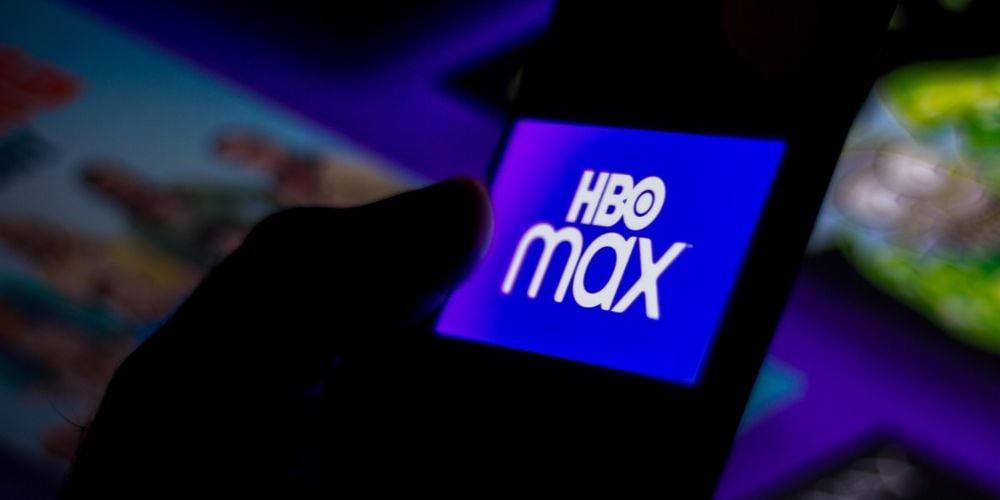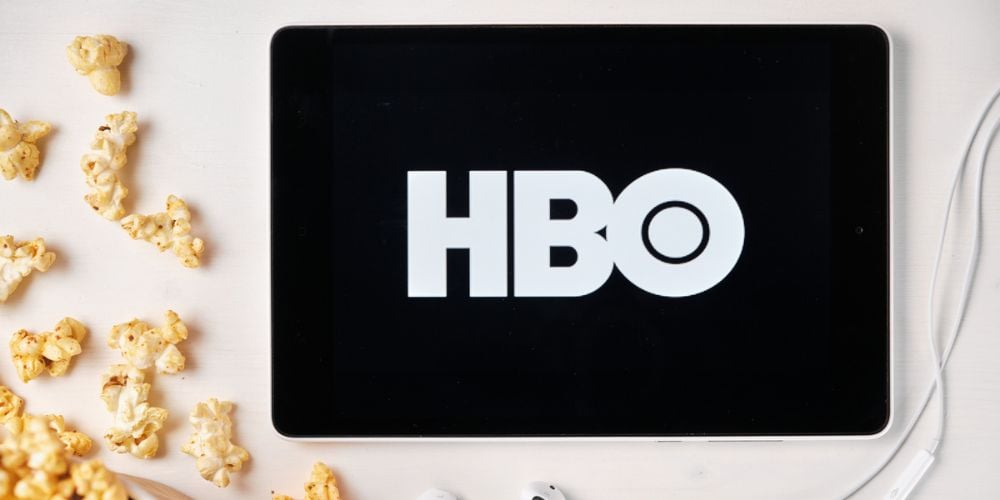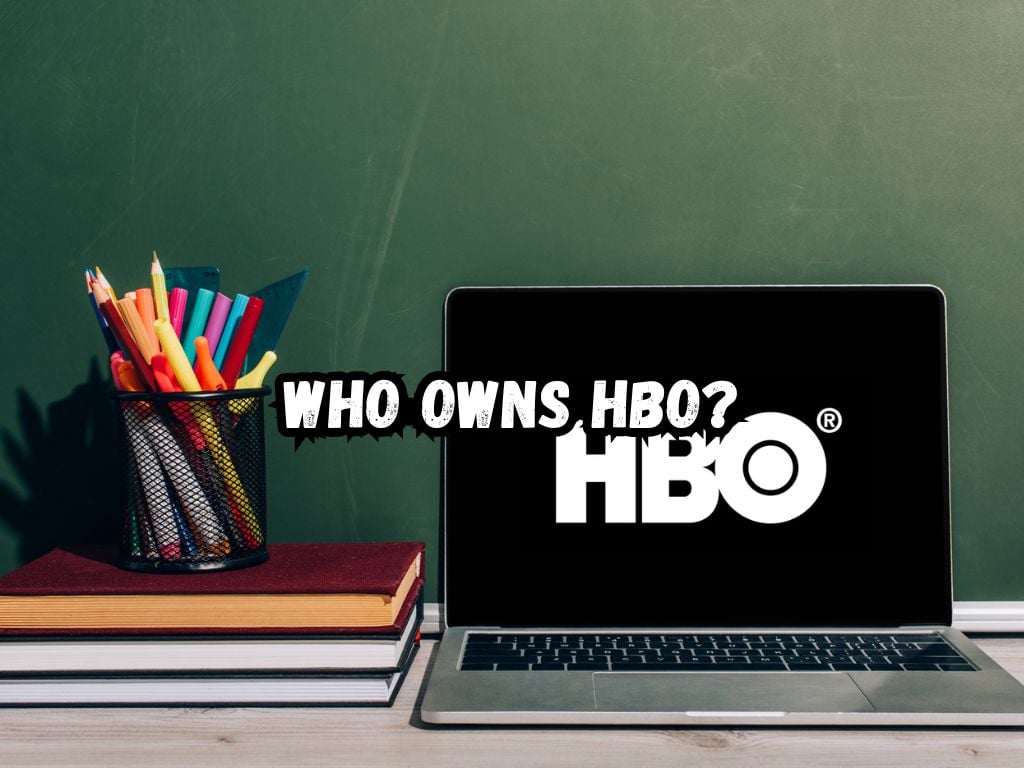HBO has been a leading entertainment network for decades, producing acclaimed TV shows and movies such as Game of Thrones, The Sopranos, and Chernobyl.
Understanding who owns HBO is important to gain insights into the network’s operations, decision-making processes, and content strategy.
In this article, we will delve into the details of who owns HBO, how the ownership structure has evolved over time, the key players involved, and the impact on the network.
Who owns HBO?
At present, HBO is owned by WarnerMedia, a division of AT&T. In 2018, AT&T purchased Time Warner for $85 billion, bringing a vast portfolio of media properties under its control, including HBO.
However, HBO’s ownership structure is more complex than just AT&T. Different subsidiary companies operate under WarnerMedia, each with specific responsibilities and roles that impact HBO’s operations.
These include Warner Bros., Turner Broadcasting System, and HBO Max, among others.

Evolution of HBO Ownership
HBO’s ownership structure has undergone various changes since it was founded in 1972.
The network’s history can be traced as far back as its origins, where it was part of the parent company Sterling Manhattan Cable.
In 1973, Charles Dolan got approval from the FCC to launch a new cable TV service, Home Box Office (HBO), providing a place for movies to play on TV that weren’t getting network airplay.
In 1975, Dolan bought out Sterling Manhattan Cable, and HBO became a standalone company with Dolan at the helm.
Comcast and American Television and Communications (ATC) were early investors in the network, providing the necessary funding to grow the company’s reach.
In 1990, HBO became the cornerstone for Time Warner’s entry into the cable TV business when Time merged with Warner Communications, becoming Time Warner.
Home Box Office remained a subsidiary of Time Warner and continued to grow its brand and subscription base, offering original content, stand-up comedy specials, documentaries, and cinema blockbusters.
In 2018, however, Comcast and 21st Century Fox engaged in a bidding war for Fox’s assets, with Comcast ultimately losing to Disney.
Instead, it turned its attention to buying UK TV giant Sky, with Fox as the major shareholder.
This acquisition spurred AT&T to launch a counter-offer and ultimately led to the acquisition of Time Warner, including HBO, by AT&T.
Key Players in HBO Ownership
The key players in HBO’s ownership structure are AT&T and its subsidiary, WarnerMedia.
Since its acquisition of Time Warner and, by extension, HBO, AT&T has been expanding its media and entertainment properties, establishing WarnerMedia to house its portfolio.
As a media giant, AT&T possesses the resources and expertise to drive HBO’s growth and operations, making it a significant player in the future of television.
According to the latest report published by Media Analyst Group, it is predicted that the demand for HBO will continue to rise, driving growth and revenue for AT&T.
However, this growth is dependent on a continuation of high-quality program choices and its leadership’s ongoing commitment to freedom of expression.
While AT&T holds the reins when it comes to HBO’s strategic decisions, the day-to-day operations are left to the network’s management team based in Los Angeles, led by Casey Bloys, who oversees programming for all HBO services and platforms worldwide.
Pro Tips
- Stay informed on regulatory changes: Keeping an eye on regulatory changes in the media industry is crucial for understanding the potential impact on HBO ownership. Changes in regulations can have a significant impact on the competitive landscape and shape future ownership structures.
- Observe key stakeholders: Monitoring the actions of significant stakeholders, including AT&T and WarnerMedia, can assist in identifying potential ownership changes and predicting the future direction of HBO.
- Understand the impact of ownership on content and strategy: Ownership has a direct influence on HBO’s content and strategic decisions, which determines the direction of the network. Analyzing these connections provides valuable insights into HBO’s programming choices.

Frequently Asked Questions
How has HBO’s ownership structure evolved over time?
HBO’s ownership structure has undergone several changes over the years, reflecting the evolution of the media industry. It started as a small subsidiary of Sterling Manhattan Cable before becoming a standalone company with the Dolan family’s backing. Time Warner acquired HBO in 1990, leading to the network’s expansion into original programming. In 2018, AT&T acquired Time Warner, bringing HBO under the umbrella of WarnerMedia.
What role do subsidiary companies play in HBO ownership?
Subsidiary companies play an essential role in HBO ownership since HBO is part of a larger collection of media and entertainment properties under WarnerMedia’s control. These subsidiaries contribute resources, expertise, or synergies that benefit HBO’s operations, such as Warner Bros., Turner Broadcasting System, and HBO Max, among others.
How has AT&T’s acquisition of Time Warner impacted HBO ownership?
AT&T’s acquisition of Time Warner has enabled HBO to become part of WarnerMedia, allowing it to expand its scope of influence and affect its strategic decision-making processes. While HBO still operates as an individual brand under the WarnerMedia umbrella, the acquisition has enabled the network to leverage AT&T’s resources and expertise.
Who are the key players in HBO ownership, and what is their impact on the network?
The key players in HBO’s ownership structure are AT&T and WarnerMedia, with their leadership driving the network’s operations and strategy. AT&T provides the necessary resources and expertise to grow and expand HBO’s brand, while WarnerMedia helps HBO leverage its synergies and resources.
Conclusion
HBO’s ownership structure has evolved significantly over the years, reflecting the dynamic nature of the media industry.
While AT&T is the primary player when it comes to strategic decisions, WarnerMedia and its subsidiary companies also play an essential role in HBO’s operations.
Understanding the ownership structure is crucial for comprehending the network’s future direction, decision-making, and content strategy.
As the media industry continues to innovate, keeping tabs on ownership changes will become increasingly vital. Overall, HBO’s ownership structure remains a fascinating and complex puzzle, one that unravels slowly over time.


 Tags:
Tags:










